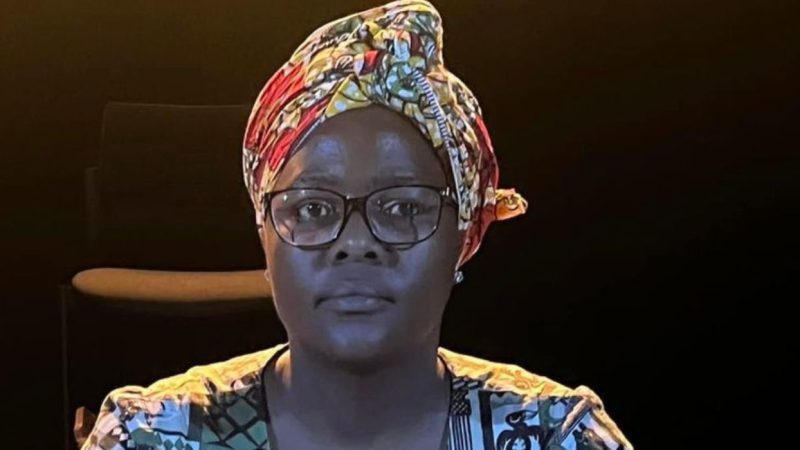Navigating Entrepreneurship’s Financial Realities: Starting Small vs. Starting Poor

From Limited Means to Big Dreams: Embarking on the journey of entrepreneurship often involves facing tough financial decisions. Two common possibilities emerge: starting small or starting poor. What is starting small? What is starting poor? Is there a difference? While these approaches may seem similar, they carry distinct implications that can significantly impact the trajectory of a business.
Let’s delve into the nuances of each strategy to help aspiring entrepreneurs make informed choices.
Starting Small:
Starting small entails launching a business with limited funds and/ or resources, often characterized by a basic operation and minimal investment. This could mean starting out in your home or a family member’s house and minimising start-up costs. This approach emphasises innovation, and prudent financial management. Entrepreneurs starting small typically prioritise:
1. Lean Operations: By focusing on essentials and avoiding unnecessary expenses, entrepreneurs can stretch limited resources further. This may involve bootstrapping, relying on personal savings, or leveraging low-cost tools and technology.
2. Iterative Growth: Starting small allows for gradual expansion, enabling entrepreneurs to validate their business idea, refine their product or service, and adjust their strategy based on market feedback. This iterative approach minimizes the risk of failure associated with large-scale investments.
3. Flexibility: With fewer fixed costs and commitments, entrepreneurs have greater flexibility to pivot their business model, target audience, or offerings in response to changing market dynamics or emerging opportunities.
4. Focus on Profitability: Starting small often necessitates a focus on generating revenue and achieving profitability early on. This disciplined approach fosters financial sustainability and reduces reliance on external funding.
Starting Poor:
Contrary to starting small, starting poor involves launching a business with limited financial resources due to personal or circumstantial constraints. While this path presents unique challenges, it can also instil resilience and resourcefulness. Entrepreneurs starting poor may encounter:
1. Financial Constraints: Limited access to capital may restrict the scope of initial operations, hindering investment in essential resources such as technology, marketing, or talent acquisition. Bootstrapping is a necessity rather than a choice.
2. Risk of Burnout: Juggling multiple roles and responsibilities to compensate for the lack of financial resources can lead to burnout. Entrepreneurs may find themselves stretched thin, impacting productivity and well-being.
3. Dependency on External Support: Starting poor often requires seeking external support through loans, grants, or partnerships to sustain and grow the business. Navigating these avenues effectively demands resourcefulness and networking skills.
4. Longer Path to Scale: Building momentum and scaling the business may take longer when resources are scarce. Entrepreneurs must adopt a patient and resilient mindset, persevering through challenges and setbacks.
Navigating the Journey:
Regardless of the chosen path, navigating the entrepreneurial journey requires a blend of creativity, resilience, and strategic thinking. Here are some key considerations for aspiring entrepreneurs:
1. Assess Risk Tolerance: Evaluate your risk tolerance and financial circumstances realistically. Understand the trade-offs between starting small and starting poor, considering both short-term constraints and long-term aspirations.
2. Embrace Agility: Cultivate an agile mindset that allows for experimentation, adaptation, and learning from failures. Flexibility and openness to feedback are invaluable assets in navigating the uncertainties of entrepreneurship.
3. Seek Mentorship and Support: Surround yourself with mentors, advisors, and a supportive network who can offer guidance, share insights, and provide encouragement during challenging times.
4. Focus on Value Creation: Regardless of financial constraints, prioritize delivering value to your customers. Building a loyal customer base and fostering meaningful relationships can drive sustainable growth and differentiation.
5. Plan for Growth: Develop a clear growth strategy aligned with your resources, capabilities, and market opportunities. Set realistic milestones and allocate resources judiciously to maximize impact and minimize risk.






